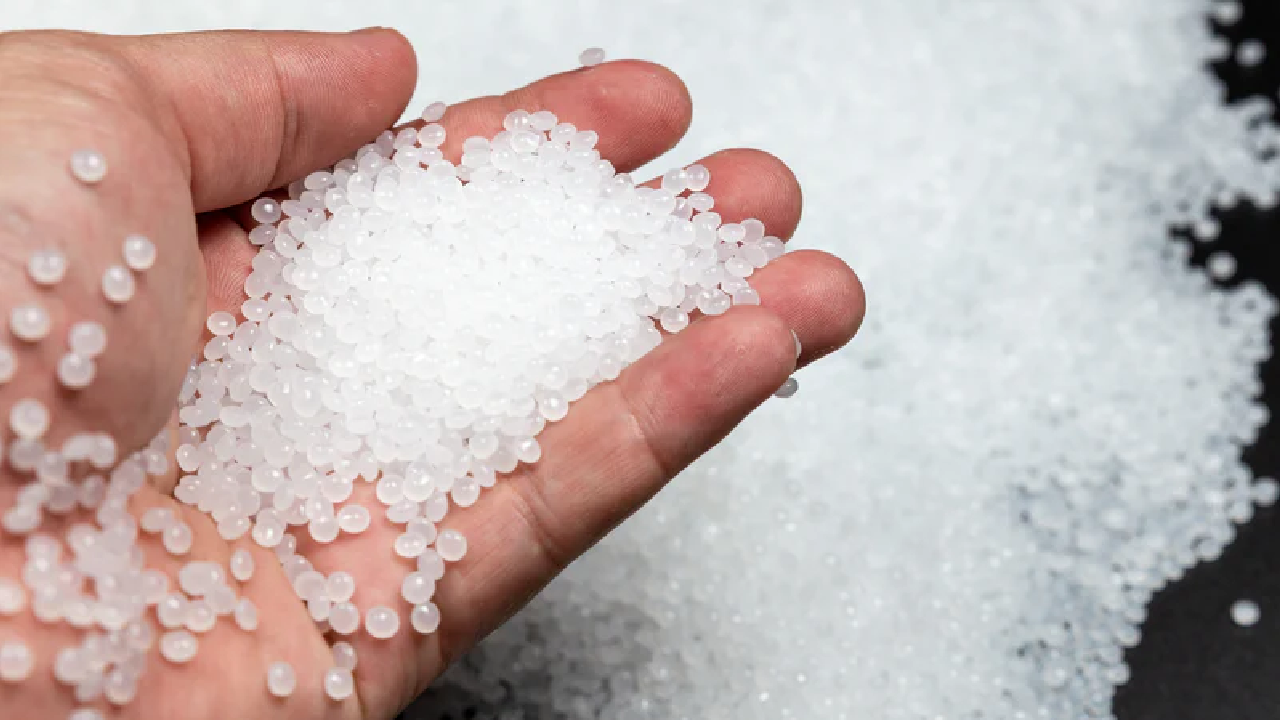Supplier of Polypropylene-PP-Supplier from turkey and Dubai-UAE

What is Polypropylene (PP)?
Polypropylene (PP) is a versatile thermoplastic polymer known for its chemical resistance, mechanical strength, low density, and cost-effectiveness. Since its discovery in the 1950s, PP has become a key material in global manufacturing due to its adaptability and performance under demanding conditions.
Leading PP suppliers provide various grades of polypropylene plastic to meet the specific requirements of multiple industries.
Properties of Polypropylene
Polypropylene’s unique characteristics make it suitable for a wide range of industrial and consumer applications:
-
Chemical Resistance: Resistant to acids, alkalis, and solvents—ideal for laboratory and industrial use
-
Thermal Resistance: Can withstand high temperatures, suitable for automotive and packaging applications
-
Mechanical Strength & Flexibility: Combines rigidity with toughness
-
Low Density: Lightweight for energy-efficient transportation
-
Transparency Options: Certain grades offer a semi-transparent appearance for inspection and design
-
Low Moisture Absorption: Maintains stability in humid environments
-
Recyclability: Fully recyclable with recycling code 5
History of Polypropylene
Polypropylene was first synthesized by Karl Rehn and Giulio Natta in the 1950s. After the U.S. patent in 1957, it rapidly gained commercial adoption. Today, PP resin is a staple in global supply chains, widely used across multiple sectors.
Grades of Polypropylene
Multiple grades of polypropylene resin are available for different industrial needs:
-
Homopolymer Polypropylene (PP-H): High strength and stiffness; ideal for automotive, industrial components, and construction materials.
-
Copolymer Polypropylene (PP-C):
-
Block Copolymers: Impact resistance at low temperatures; used in packaging, piping, and automotive parts.
-
Random Copolymers: Clarity and flexibility; suitable for food containers, medical products, and transparent applications.
-
-
Expanded Polypropylene (EPP): Lightweight, foam-like PP material used in automotive interiors, safety gear, and durable packaging.
-
Recycled Polypropylene (R-PP): Eco-friendly PP from post-consumer or post-industrial waste; ideal for bins, furniture, and secondary packaging.
-
High Melt Flow Polypropylene: Perfect for thin-wall injection molding like caps, closures, and intricate plastic components.
Applications and Uses of Polypropylene
As a premium PP supplier, polypropylene is essential across industries:
-
Packaging: Bottles, caps, containers, wraps; moisture and chemical resistance ensure product safety
-
Automotive Industry: Bumpers, dashboards, trims, engine parts; lightweight PP improves fuel efficiency
-
Textiles: Nonwoven fabrics, carpets, geotextiles; excellent stain resistance and durability
-
Medical Supplies: Syringes, IV sets, surgical tools, and disposable packaging due to sterilization safety
-
Consumer Goods: Toys, kitchenware, and storage solutions; durable and non-toxic
-
Construction Materials: Piping, insulation panels, and composites; chemical resistance and thermal stability
Polypropylene is often used alongside Polyethylene in packaging and composite applications.
Packaging of Polypropylene
-
Bulk Bags (FIBCs): For industrial volumes, providing moisture protection and ease of handling
-
Standard Containers: 25kg or 50kg bags for storage and distribution
-
Shrink-Wrapped Pallets: Preserves cleanliness and extends shelf life
Container Loading: A 20-foot container typically holds 15–20 tons of polypropylene bags, depending on packaging type.
Safety Guidelines for Handling Polypropylene
-
Avoid inhalation of dust; use masks and gloves during processing
-
Use food-grade PP for edible or medical applications to ensure compliance
-
Store in dry, cool, well-ventilated areas
-
Follow local recycling laws to support sustainability initiatives

